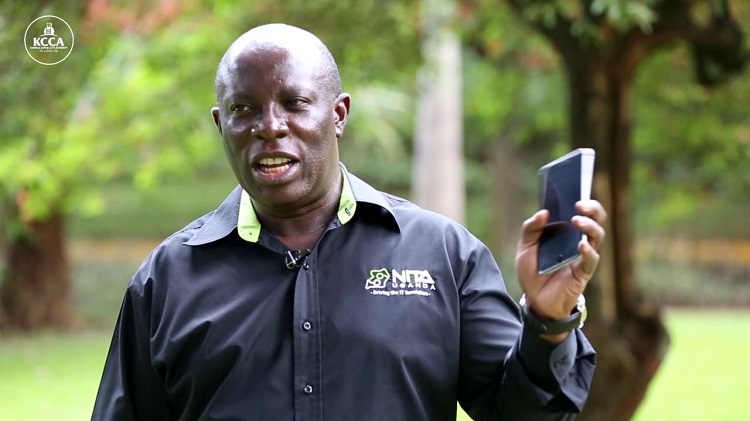By George Aine
In many developed countries, the use of one card to access services such as medical, transport and financial services is part of their daily life. In fact, in such countries, citizens have moved away from moving with Cash needed to buy items in supermarkets or refuel their cars as all they need to do is swipe the card and every service is provided.
This is what the National Information Technology Authority (NITA-U) is planning to achieve in the next few years. According to NITA-U executive director James Saaka, they plan to integrate all government systems through the use of technology to achieve seamless data sharing.
Saaka says they plan to ensure that instead of a Ugandan holding different cards such as NSSF, Driving Permit, national ID or medical card, they will create a technology where all this information is integrated into one card. “The benefits are simplicity, a single citizens portal, a single user ID and seamless payments,” he explains.
The NITA-U boss adds that integration of government systems would curb wastage of resources caused by duplication. According to Stephen Kirenga, the head of public relations affairs at NITA-U, they have already started on the process of ensuring the use of one ID.
He adds that the plan is to create a mobile ID that would create a more convenient method for citizens to access E-services as opposed to always moving with the physical ID card.
Saaka says they are working with the government of Estonia to achieve the digital transition. Estonia has made advanced progress in the use of digital services, with at least 99 percent of public services available online. He adds that to ensure the security of the data system, the ministry of ICT presented the Data Protection and Privacy Bill to Parliament recently.
The bill seeks to protect the privacy of the individual and private data and regulate the collection and processing of personal information. Peter Kihiigi, the director of e-government services, says the Computer Misuse Act 2011, the Electronic Signatures Act 2011 and the Electronic Misuse Act 2011 are of the existing laws in place to ensure Ugandans transact securely in a digital world.

